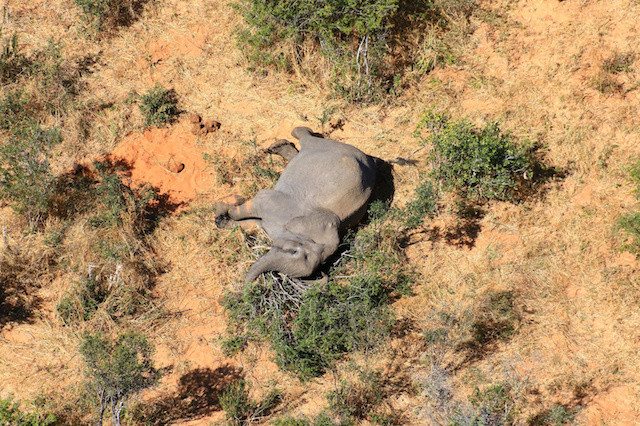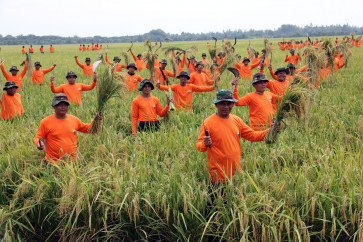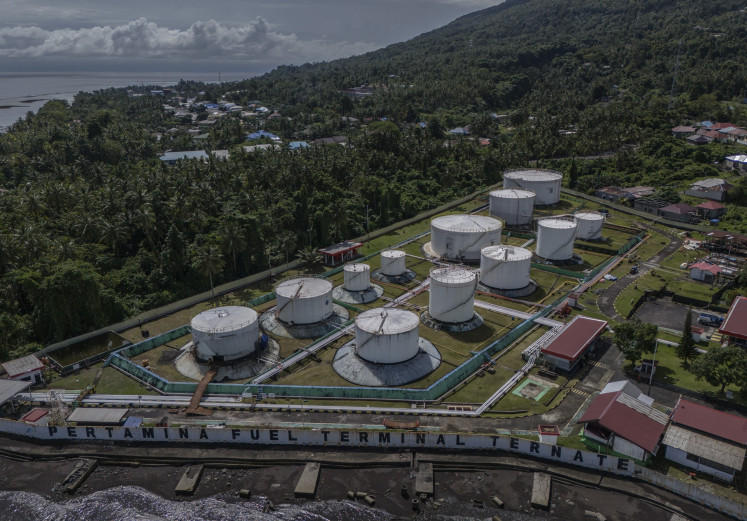Popular Reads
Top Results
Can't find what you're looking for?
View all search resultsPopular Reads
Top Results
Can't find what you're looking for?
View all search resultsBotswana elephant deaths tests inconclusive but poisoning not ruled out
Change text size
Gift Premium Articles
to Anyone
B
otswana on Friday said initial tests to ascertain the cause of the deaths of hundreds of elephants in the famed Okavango Delta have been inconclusive but did not eliminate poisoning.
The landlocked southern African country has the world's largest elephant population, estimated to be about 130,000. Around 300 of them have been found dead since March.
The environmental resources ministry said the tests showed no presence of pesticides that would ordinarily be involved in poisoning.
"Results received so far do not eliminate poisoning, therefore environmental factors, including naturally occurring toxins, are still being investigated," the ministry said.
Authorities have so far ruled out poaching, as the tusks were found intact.
Read also: Natural toxins likely killed hundreds of Botswana elephants: Govt
The government has so far established that 281 elephants died, although independent conservationists say more than 350 perished.
The deaths were first flagged by a wildlife conservation charity, Elephants Without Borders (EWB), whose confidential report referring to the 356 dead elephants was leaked to the media early in July.
Several live elephants appeared weak, lethargic and emaciated, with some showing signs of disorientation, difficulty in walking or limping, EWB said.
Tests were being conducted at specialist labs in South Africa, Canada, Zimbabwe and the US.










